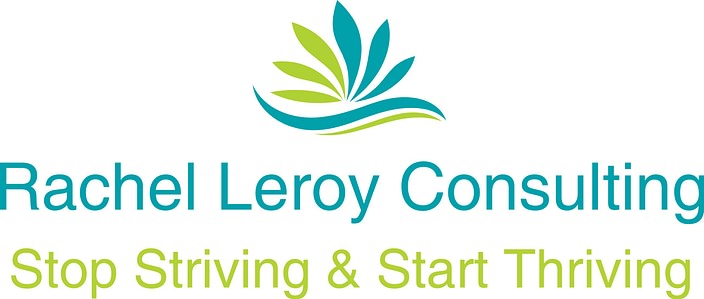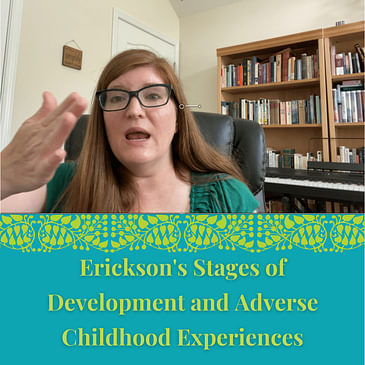Episode Description:
Erikson's Stages of Development and Adverse Childhood Experiences is also a Youtube Video. If you haven't please click the link below and subscribe for exclusive content different than the podcast. Adverse Childhood Experiences (or ACES) can impact our development as children. If we survived narcissistic abuse, childhood trauma, childhood emotional neglect, or any other form of abuse at a specific time in our development, we often get stuck there, and the trauma that impacts our lives will make our reactions to triggering situations similar to that of our reactions at that age. In other words, our social and emotional development becomes stuck and we repeat patterns from childhood.
By understanding Erikson's Stages of Development and how adverse childhood experiences that occurred during these specific stages impacted us, we can begin to take inventory of our own emotional and social development, where and when trauma may have kept us stuck, and start doing healing work around these age periods through journaling, meditation, and inner child work to help us release that trauma and develop emotionally and socially into the healthy adults God made us to be by healing trauma at its true source.
Resources:
Erik Erikson's Stages of Psychosocial Development by Kendra Cherry in Very Well Mind is an article that describes Erikson's Stages of Development and the significance of each. It describes what healthy development in each stage looks like as well as potential consequences of adverse experiences that can impact development in each stage from infancy to old age.
The Top Five Regrets of the Dying is a book I mention in the video/podcast in the last of Erikson's Stages of Development as a great book for considering what matters in life. This book was written by a woman who cared for hundreds of terminally ill patients, learned their deepest desires and regrets, and compiled a list of the repeated themes of what these individuals wish they had and had not done. It provides great insights on how to live a full, happy life without regrets.
Seven Ways Childhood Adversity Changes a Child's Brain by Donna Jackson Nakazawa in Aces Too High News covers what adverse childhood experiences are and how adverse childhood experiences can impact brain and social development in a child. By understanding more about adverse childhood experiences and how they impact the individual, you can start to make connections between different stages in your own development and these types of experiences to put the pieces together regarding your own areas of trauma so you can start to target these areas and get to trauma where it originally started.

